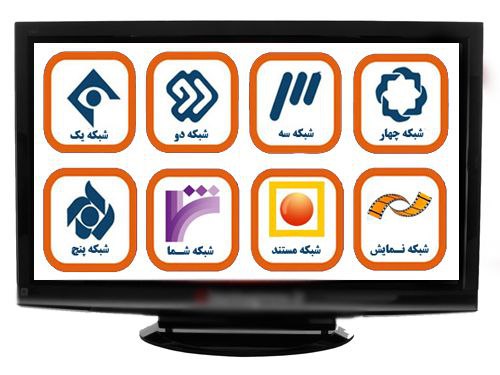The creation of concepts and phrases and the change of meaning in the media literature and propaganda of Iranian colonialism to change the Kurdish and Kurdistan identity is a continuous and unrelenting war of the Persian media. These terms are a colonial project to mix the center and the surroundings, facilitate the assimilation project, regain Kurdish ownership of Kurdistan's land and culture, and register them as the property of the dominant nation Persian.
Lacan said: "We are mixed in the line of speech"; after the establishment of the artificial Iranian nation-state, Persian fascism has tried to fill Kurdish minds with concepts that are the product of the dominant discourse and to blur or change the concepts and phrases that draw the line between us and them by creating Kurdish discourse and meaning.
One of the issues that is clearly seen in the Iranian media is the complete harmony in the use of concepts and phrases related to Kurds and Kurdistan. The Persian-speaking Iranian media, both the ruling and opposition media, use the same literature towards the Kurdish nation and there is a colonial tendency to erase the meaning of Kurdish identity of the phrases or impose a negative meaning to consolidate slavery and break Kurdish dignity.
For example, the following terms are all for the product of the dominant discourse used in the same direction throughout the Persian media: “Iranian Kurds”, “Kurdish areas”, “original Kurds”, “border Kurds”, “Kords instead of Kurds”, "Kurdish dialect", "Kurdish languages", "brave border guards" or synonymous with "honor killing", "Kolbari", and ...
Why do they use these phrases? Consider, for example, the phrase “Kurdish areas”. If you call the areas where Arabs have settled in London the “Arab area of London” or the “Turkish area of Germany”, this term is not problematic because they are all immigrants who have settled in one or more specific areas in the second country. But if you say "the English areas of London", this is taking away the ownership of the country from the English and making them immigrants and guests in their own country.

The Persian-language media deliberately and conspiratorially repeats the same concepts and phrases in a soft media war to take away the ownership of Kurdistan and erase the Kurdish identity of the Kurdish nation. This phrase makes the Kurds guests and immigrants on their own territory and makes the fake nation of Iran, Persia, the owner of Kurdistan.
Another aspect of the conspiracy to use the “Kurdish areas” is to make the Kurds believe in the fake country and shift from Kurdish national feeling to Iranian national feeling.
Another phrase often and deliberately used by the Persian media is to equate the Kurds with honor killings. According to statistics, East part of Kurdistan has the lowest rate of murder of women compared to other regions of Iran and the highest rate of murder of women is in Tehran, Karaj, and Isfahan. The Persian media in Kurdistan makes honor killings an ethnic phenomenon specific to the Kurds, only to defame the Kurds and to annoy and shame the Kurds for being Kurds.
Another phrase that the colonial media tries to establish is “brave border guards”. There are several conspiracies behind this phrase. First, the border creates a sense of marginalization and powerlessness among the Kurds and portrays them as powerless in a strong broad unit. Second, it makes the Kurds the border guards of a country that is the real owner of a powerful and civilized nation, and the Kurds are entrusted with the role of border guards. Third, the borders that the Kurdish nation does not accept, in a period and in a process that constantly crossing the border leads to killing and borders and death are mixed, the Kurds believe in these borders and become "brave border guards".
There are hundreds of such concepts and phrases. We must only say that no concept and phrase is used in the colonial media without a plan and conspiracy and the Kurdish nation must be careful about these issues.









